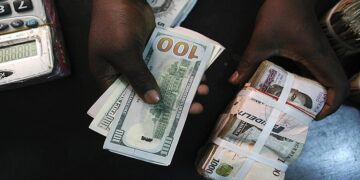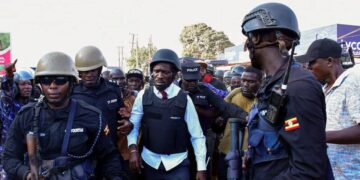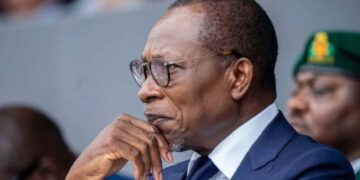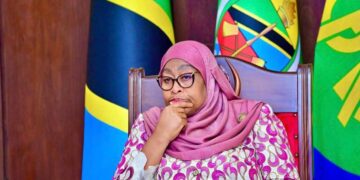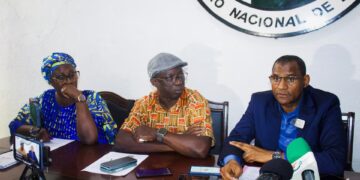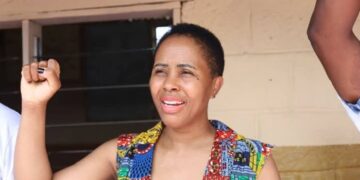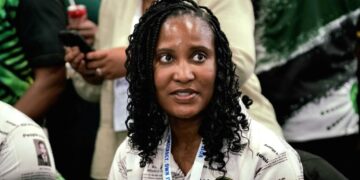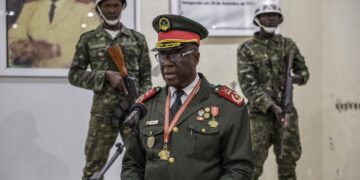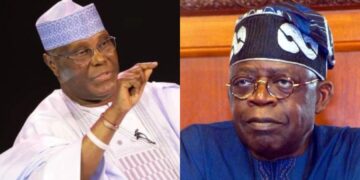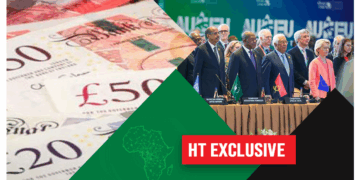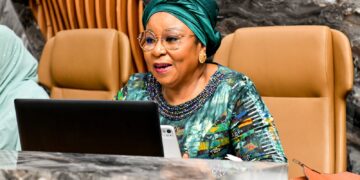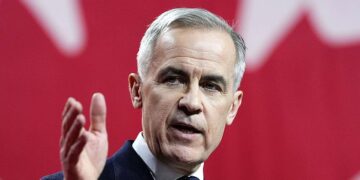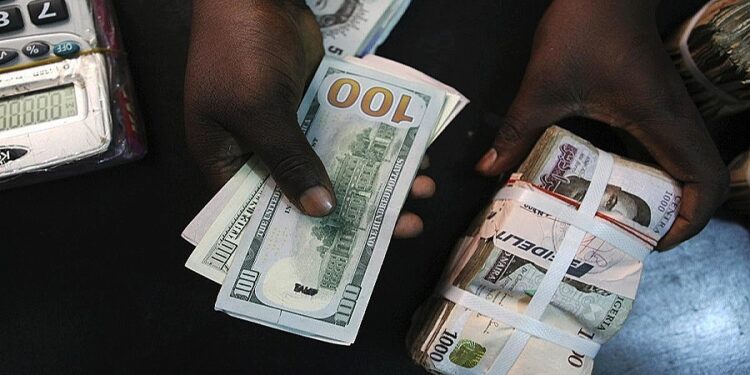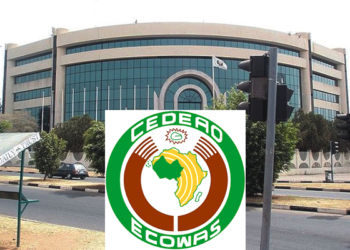The Nigerian naira is projected to weaken by at least 6% between 2025 and 2026, according to the African Development Bank’s latest economic outlook, setting the stage for fresh challenges to the country’s currency stability.
The forecast comes despite recent assurances from Central Bank Governor Olayemi Cardoso that exchange rate volatility had eased significantly, with fluctuations dropping below 0.5% following monetary reforms.
In its African Economic Outlook 2025 report released this week, the continental development bank painted a concerning picture for several African currencies, with Nigeria among 21 economies expected to see significant depreciation.
The analysis cites growing global financial turbulence and potential declines in export earnings as key pressure points that could undermine recent stabilisation efforts. The prediction stands in stark contrast to the CBN’s more optimistic assessment of Nigeria’s foreign exchange market recovery.
The divergence in outlooks reflects the complex dynamics shaping Africa’s financial landscape. While Nigeria has seen some improvement in FX reserves and transparency under Cardoso’s leadership, broader macroeconomic headwinds continue to threaten progress.
The AfDB report notes similar challenges facing other major African economies, including Egypt, Ghana and Zambia, all projected to experience currency declines of 6% or more.
Regional currency performance remains uneven across the continent. Kenya’s shilling has staged a notable recovery, gaining 3.1% in 2024 after plunging 15.4% the previous year.
This turnaround followed Nairobi’s successful $1.5 billion Eurobond issuance, which helped restore investor confidence. The South African rand similarly reversed course after a difficult 2023, posting modest gains this year.
However, the report sounds a caution for countries like Guinea and Seychelles, where currencies continue to face downward pressure from structural economic weaknesses. CFA franc zone nations have fared better, benefiting from their peg to the stabilising euro.
For Nigeria, the projections come at a delicate moment in its economic reform program. The CBN has pointed to improving reserves and growing foreign investor interest as signs that its policies are bearing fruit.
But the AfDB warning suggests these gains remain vulnerable to global market shifts and domestic structural issues, including persistent productivity challenges and fiscal pressures.
The development bank’s analysts emphasise that lasting currency stability will require African governments to address fundamental economic weaknesses. They highlight the need for policies that boost value-added exports, strengthen fiscal discipline and reduce reliance on volatile commodity markets.
As Nigeria navigates these crosscurrents, policymakers face mounting pressure to sustain reform momentum while cushioning the economy against external shocks.
The coming months will test whether recent stabilisation measures can withstand the gathering storm of global financial uncertainty. With elections approaching in 2026 and economic hardship remaining a potent political issue, the naira’s trajectory could have far-reaching consequences for Africa’s largest economy.
